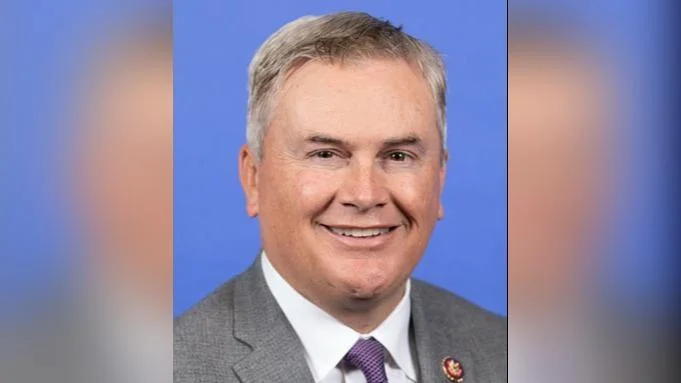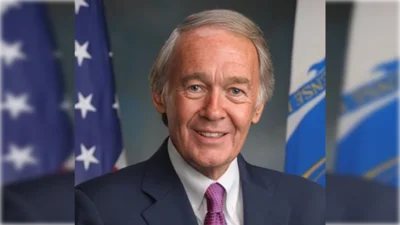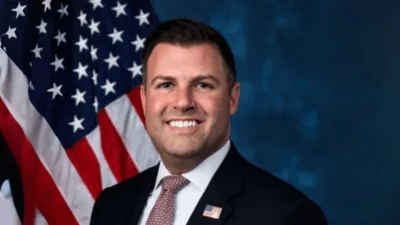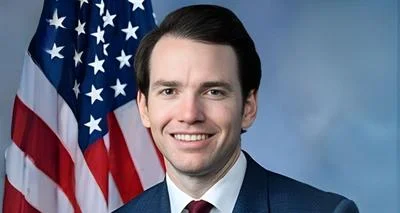A hearing held by the Subcommittee on Economic Growth, Energy Policy, and Regulatory Affairs examined the effects of expanded school choice programs and alternatives to traditional four-year college degrees. The discussion focused on how these options impact student academic performance and prepare graduates for the workforce.
During the hearing, Shaka Mitchell, Senior Fellow at the American Federation for Children, stated: “[The] evidence is clear school choice improves outcomes for students who participate and for those who remain in traditional public schools. In fact, 27 out of 30 studies have shown positive or neutral effects on the achievement of students who stay in their local public schools. Perhaps the most striking data comes from Ohio’s Ed Choice program. Students in that program were not just more likely to graduate high school, they were 32 percent more likely to enroll in college and 60 percent more likely to earn a bachelor’s degree than their peers. For the lowest income students, the effect was even greater. They were 175 percent more likely to graduate from college. These aren’t incremental gains. These are life changing outcomes. And behind every statistic is a student.”
Rachel Greszler, Fellow at the Economic Policy Innovation Center at The Heritage Foundation, testified: “Florida and Arizona have led the way in demonstrating school choice success. And now, as more states are following suit. We’re seeing increasing numbers: Half of U.S. students are eligible for some form of private choice program. Also, over just the past two years, a majority of states have passed laws limiting cell phone use in schools. When students aren’t glued to screens, they learn better, they feel safer, and they can become more conscientious. In Alabama, the West Alabama Partnership brings schools and employers together. Ninth graders are required to attend a Worlds of Work career expo, and seniors can attend these expos and leave with a guaranteed job after graduation.”
The committee also addressed concerns about post-secondary education institutions not meeting economic needs or preparing graduates adequately for jobs that require specific skills rather than degrees.
Dr. Cody Hirschi from Reeds Spring School District described his district’s approach: “[In the Reeds Spring School District], students build homes, repair cars, and serve in nursing homes and on ambulances, among several other real world learning opportunities. Each program is guided by an advisory team of experts working in our community in those related fields. Not only do our students gain incredible experience, but they are also earning industry recognized credentials, growing from 28 earned when I arrived to 226 earned last year; 88 percent of our students who attend table rock career center and are in an internship have a positive placement in a career path in the related field or post-secondary institution offered to them through our portrait of a graduate framework..."
Todd Dillender of Caliber Collision commented on workforce shortages: “Tech Forest estimates we need nearly 100,000 new technicians between 2024 and 2028... our traditional pipelines... simply aren’t producing enough people to keep up... Vehicles are more complex than ever...”
Ms. Greszler noted challenges with federal higher education funding: “Washington has poured hundreds of billions of dollars into federal higher education subsidies... But instead of better outcomes for students, they face higher tuition... More than a third of undergraduate programs today have a negative return on investment... Meanwhile red tape is holding back proven alternatives like apprenticeships…”
She added regarding legislative efforts: “We need more of these bridges from education to work… Congress has already taken significant steps in the One Big Beautiful Bill Act... But more can be done..."
Subcommittee Chairman Eric Burlison (R-Mo.) questioned if current systems meet student needs:
“The research that was quoted earlier suggests that one out of every two college graduates in the United States is working ...in a job that does not require a degree..." Ms. Greszler replied: “I think in many instances it is not.... That’s due to this massive amount of subsidies that are pushing too many people into college..."
Rep. Clay Higgins (R-La.) asked about shifting away from requiring four-year degrees:
“We got so wise at the federal level ...we decided ‘that’s it you have to have a four-year degree.’ It’s going to cost more...” Mr. Mitchell responded: "...we’ve got to have an environment where we are allowing families to access a pathway that best meets the needs of their unique children..."
Rep. Lauren Boebert (R-Colo.) questioned whether colleges focus too much on political agendas:
“Mr. Mitchell would you say that today’s four-year colleges are more focused on pushing political agendas than preparing our students for real world marketable skills?” Mr Mitchell answered: “…much of education…is not yielding results for students that they need…” He further commented about civic engagement among K-12 choice participants.
James Comer currently serves as U.S Representative for Kentucky's 1st district since replacing Ed Whitfield in 2016 https://comer.house.gov/about . He has served continuously since then after previously holding office in Kentucky's House of Representatives from 2001–2012 https://bioguide.congress.gov/search/bio/C001108 .
Comer was born in Carthage Tennessee in 1972; he resides now in Tompkinsville https://ballotpedia.org/James_Comer . He graduated with a BS from Western Kentucky University https://www.wku.edu/news/articles/index.php?view=article&articleid=2905 .








